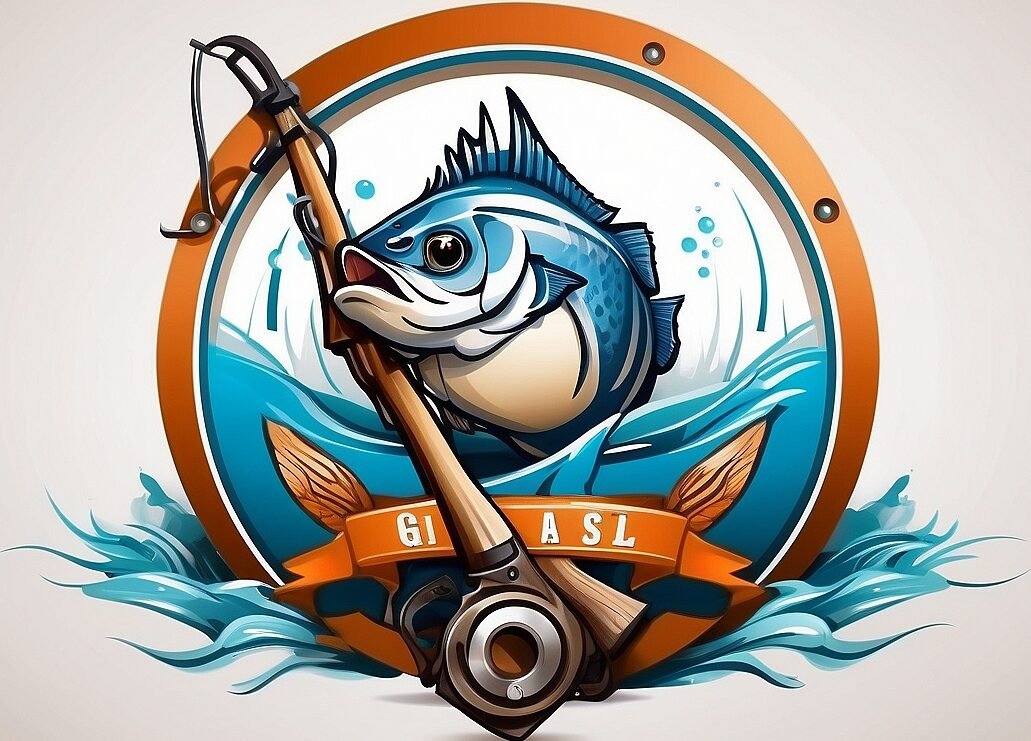Introduction: The Art of Rod Building
Building your own fly rod is not just about crafting a tool for fishing; it’s about creating a personalized extension of the angler’s intent and style. This guide aims to demystify the process of building fly rods, offering a detailed walkthrough that combines traditional craftsmanship with modern techniques. Whether you’re a seasoned angler or a DIY enthusiast, learning how to build fly rods will enhance your understanding of the sport and equip you with a custom piece that’s tailored to your fishing needs.
Part 1: Gathering Your Materials
Essential Components
- Blank Selection: Choosing the right length, weight, and action for your fishing conditions.
- Guides and Tip Top: Understanding sizes and types for optimal line flow.
- Handle and Reel Seat: Selecting materials for comfort and balance.
Tools and Supplies
- Rod Wrapping Station: Options for homemade or store-bought.
- Epoxy and Finishes: Recommendations for durable, clear coatings.
- Additional Tools: Measuring tape, thread tensioner, and drying motor.
Part 2: Designing Your Fly Rod
Planning Your Build
- Action and Length Considerations: Matching your rod to your fishing style and target species.
- Aesthetic Choices: Customizing colors, thread wraps, and handle shapes for a unique look.
Preparing the Blank
- Spline Identification: Finding the rod’s natural curve for guide alignment.
- Marking Guide Spacings: Measuring and marking for precise guide placement.
Part 3: Assembly Process
Attaching the Handle and Reel Seat
- Fitting the Components: Ensuring a snug, aligned fit before gluing.
- Securing with Epoxy: Tips for a clean, bubble-free bond.
Wrapping the Guides
- Thread Wrapping Techniques: Basic steps for secure, aesthetically pleasing wraps.
- Applying Epoxy Finish: Achieving a smooth, protective coat over the wraps.
Finishing Touches
- Installing the Tip Top: Aligning and securing the final piece.
- Final Inspection and Adjustments: Checking for any imperfections or alignment issues.
Part 4: Caring for Your Custom Fly Rod
Maintenance Tips
- Cleaning and Storage: Best practices to ensure your rod’s longevity.
- Repairs: Addressing common issues like loose guides or damaged finishes.
Conclusion: The Reward of Building Your Fly Rod
Creating your own fly rod is a fulfilling journey that connects you more deeply to the sport of fly fishing. With patience and attention to detail, you can build a custom rod that not only performs well on the water but also carries personal significance with every cast.

